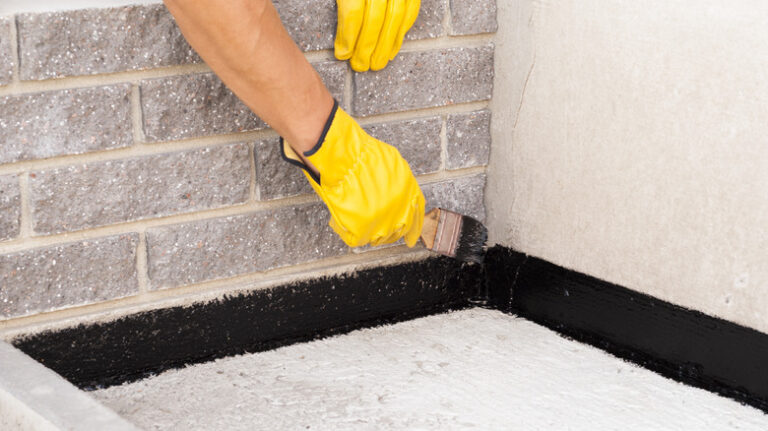Key Takeaways:
- Water damage may be avoided by waterproofing your basement.
- Recognizing signs of moisture ingress can save significant repair costs.
- A combination of interior and exterior strategies offers the best protection.
- Proper maintenance and timely interventions ensure long-lasting effectiveness.
Understanding Basement Waterproofing
The importance of basement waterproofing Strongsville OH, cannot be overstated as it forms the first line of defense against the potentially massive costs associated with water damage. Proper basement waterproofing preserves the home’s structure and health by halting mold growth caused by water infiltration. This is essential in regions with heavy rain or high water tables, where basements are more at risk. Quality waterproofing eliminates both visible issues and root causes of moisture problems.
Signs Your Basement Needs Waterproofing
Recognizing early indications that your basement needs waterproofing is crucial to preventing more severe problems. Homeowners should be alert for damp patches on walls or floors following rain and a persistent musty smell, signaling moisture buildup. Addressing these signs early is essential for preventing damage to the home’s structure and health risks from mold exposure. Persistent moisture issues can also impact a home’s energy efficiency, as damp insulation loses effectiveness.
Interior vs. Exterior Waterproofing: Pros and Cons
Homeowners compare interior and exterior basement waterproofing methods. Interior options like sealants provide quick fixes for existing leaks but do not address underlying issues. Exterior waterproofing, involving barriers and coatings, prevents water entry, requiring more effort but offering lasting results. The National Association of Home Builders highlights the advantages of exterior solutions for long-term protection against moisture.
Effective Waterproofing Techniques
A multi-faceted approach is often necessary for optimal basement waterproofing. The most effective solutions integrate interior drain systems and exterior barriers to provide thorough protection. Additionally, installing a sump pump can be essential in areas with a high propensity for flooding, safeguarding against excess water accumulation. Employing these techniques not only protects the home’s structural integrity but also enhances the living environment by preventing the conditions that facilitate mold and mildew growth.
Cost Considerations and Planning
When budgeting for basement waterproofing, remember that prices might differ significantly depending on the area’s size, the extent of the water damage, and the techniques used. While it might be tempting to cut corners, prioritizing high-quality materials and experienced installers will often yield more durable and practical results. Cutting costs on initial installations can create vulnerabilities that result in more considerable expenses over time due to perhaps needing additional repairs.
DIY vs. Hiring Professionals
For those considering the DIY approach to basement waterproofing, it’s essential to evaluate the complexity of the task. While some crucial interventions might be manageable, significant water intrusion problems require professional intervention. Professional waterproofing companies bring specialized knowledge and tools to customize solutions to the problem. This gives homeowners peace of mind by guaranteeing efficacy and adherence to regional construction laws and standards.
Maintenance Tips for Long-Term Effectiveness
To maintain the efficacy of basement waterproofing, homeowners should conduct regular inspections of critical areas. Routine tasks include:
- Checking the functionality of sump pumps.
- Resealing any newly emerged cracks promptly.
- Ensuring that water is directed well away from the foundation and that gutters and downspouts are clean.
Routine maintenance extends the waterproofing systems’ lifespan and spots possible issues before they become serious.
Addressing Common Myths
A pervasive myth about basement waterproofing is that leaks are inevitable in every home. While damp basements are a common issue, they are by no means unavoidable. By employing the proper waterproofing techniques and maintaining them diligently, homeowners can keep their basements dry for the long term. Debunking such myths helps focus attention on proactive measures rather than reactively dealing with the problems.



